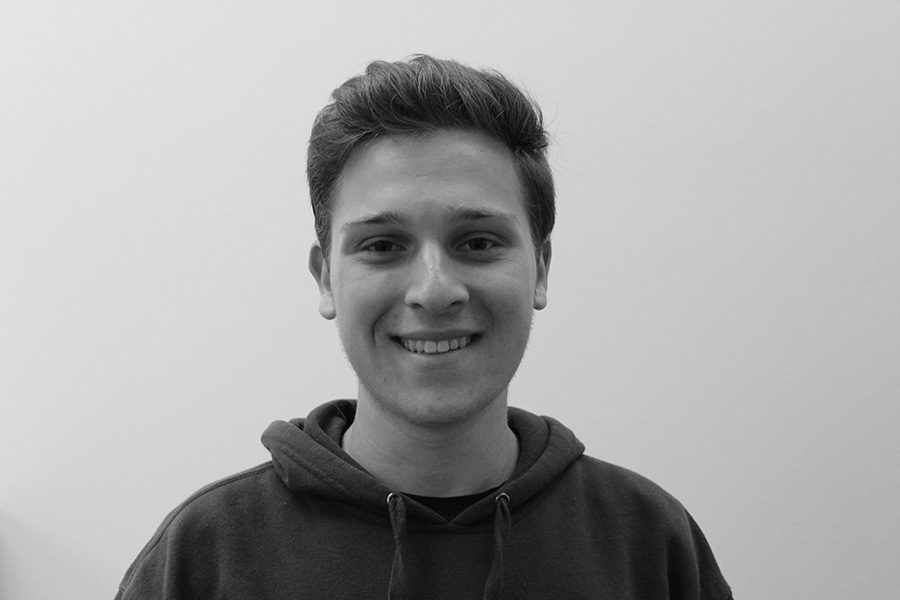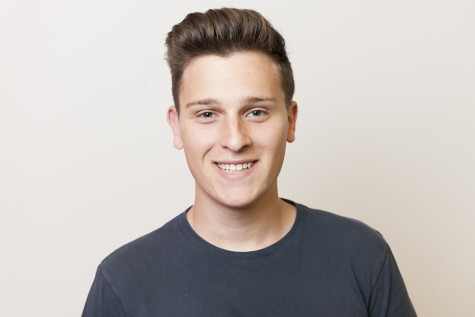Balanced sleeping schedule critical for students
November 17, 2014
Humans need sleep. Young adults especially need it, and more of it if possible. While growth spurts may be over, teenaged brains are still developing, and they will not fully mature until a person’s mid-20s, at the least. While students are in school trying to expand their minds, the very structure of their brains is expanding at the same time. Young adults need to balance academics with their sleep, which actually aids in learning and development. It may often seem like these two activities are at odds with each other, but their correlation is important.
Young adults have odd sleeping schedules, and it is not completely their fault. Developing brains of adolescents are wired to go to sleep later. When combined with heavy collegiate workloads, freedom from parental restrictions and the atmosphere of the city that never sleeps, it is no wonder that NYU students often go to sleep extremely late. While late bedtimes alone can be troubling, affecting everything from throwing off our circadian rhythms to our immune systems, this issue is compounded during the winter time. Moreover, students from warmer regions with longer days and shorter nights may not be aware of the effects the winter can have on one’s system. By going to bed late, young adults exacerbate these effects, which can lead to medical issues.
Seasonal affective disorder — a form of depression caused by changes in seasons — is among the potential complications. It can be triggered by a variety of factors, including an unnatural sleep schedule and decreased exposure to light. Symptoms of seasonal affective disorder usually manifest during fall and winter, and deficient sleep during this period can make individuals more vulnerable to depression. Research indicates that going to bed late when the sun sets later is not necessarily problematic. An 11 a.m. wake-up time gives one plenty of sunlight to maintain proper Vitamin D levels and circadian rhythm. Going to bed late when the sun goes down early is a recipe for disaster, however, because an 11 a.m. wake-up time means five hours of sunlight at the most. Students should be wary of seasonal affective disorder and take sleep seriously. Depression in the middle of a semester can jeopardize both academics and social life.
In college, personal well-being is seldom prioritized. This should not be the case — sleep is an essential tool for physical and mental health. Sleeping in late for Palladium brunch rather than waking up to an early breakfast may seem preferable, but a balanced sleep schedule can literally make winter much brighter. Suspend late-night study sessions, close Netflix and go to sleep — your mind and body will be grateful.
A version of this article appeared in the Monday, Nov. 17 print edition. Email Matthew Tessler at [email protected].



























































































































































